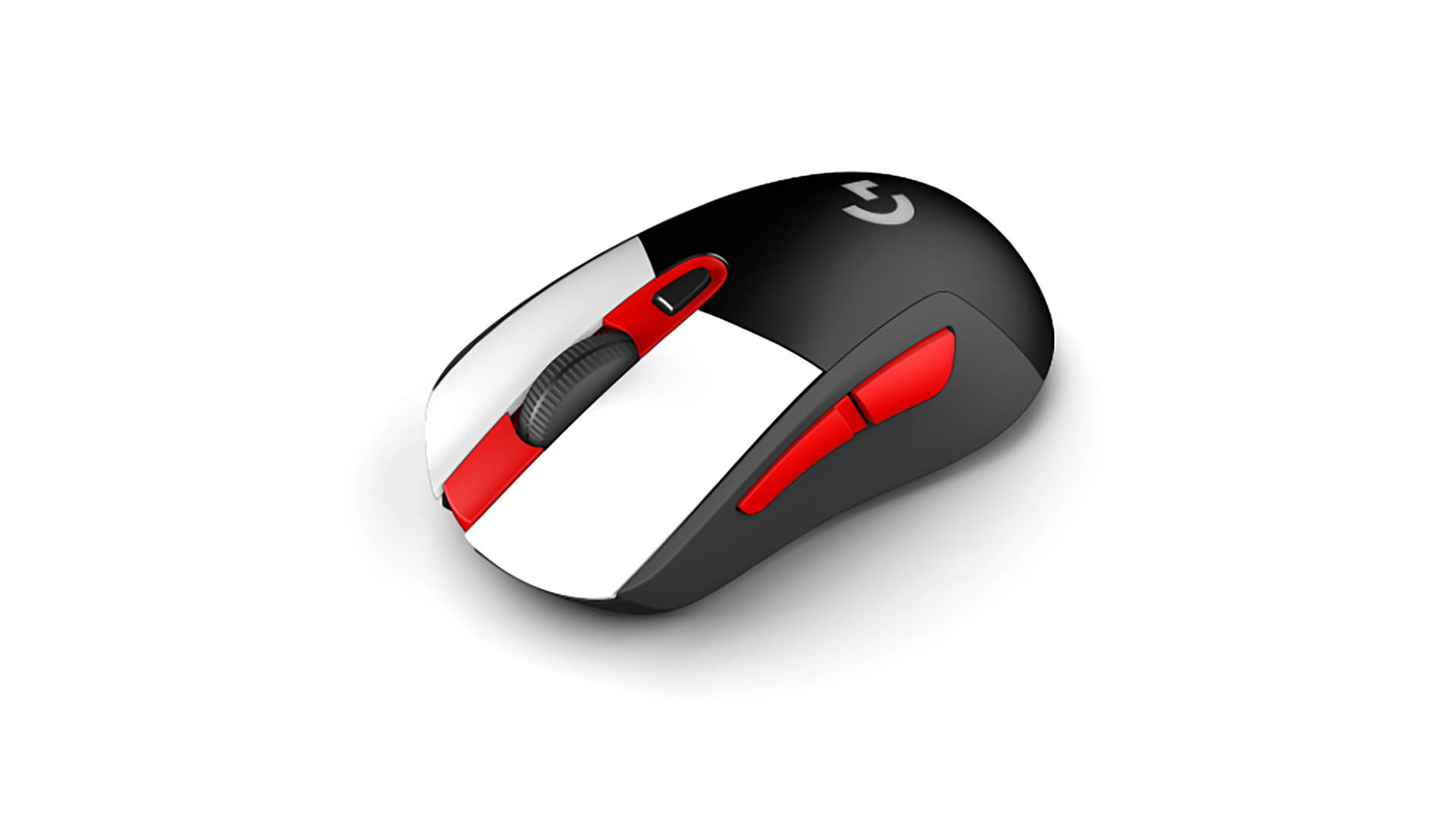Quantum computing just got another step closer
All of our passwords are so boned.

Quantum computing is one of the next big leaps we're looking towards in tech. This hugely powerful way of computing will turn our basic bits of ones and zeros into qubits with the property to be both or neither at the same time. It's going to be huge for processing power, allowing far more complex problems to be solved with computers than ever before. It's also going to be incredibly dangerous for our current way of computing life.
That's why it's good in some ways that quantum computing is still a fair way off for most of us. It's currently difficult to develop, but researchers are coming up with smart solutions every day. Recently, we saw teams find a way to drastically reduce the cooling costs down from millions to only thousands of dollars. Now, AOL reports researchers from the University of Sussex and Universal Quantum have found a way to move qubits between computer chips far better than before.
One of the many hurdles of quantum computing is getting more of those darn qubits into the machines. The more qubits one of these bad bois is packing, then the more powerful they can be. Though it's not necessarily as easy as shoving more qubits inside.
Right now when we think of quantum computers we're generally thinking in the hundreds of qubits. IBM's always pushing the boundaries and is currently the proud owner of the world's largest quantum computer which sits at 433 qubits. Though if you're looking for computers you could actually buy, then you're looking to get about 3 qubits for $58,000 USD. Scientists are hoping to develop million-qubit machines in order to tackle life's problems, and these researchers might have just cracked the code to stuffing more qubits into quantum machines.

Best gaming mouse: the top rodents for gaming
Best gaming keyboard: your PC's best friend
Best gaming headset: don't ignore in-game audio
These researchers have come up with a modular approach, which allows chips to slot together a bit like pieces of a jigsaw puzzle. You can only store so many qubits on a chip, so the solution is to make those chips scalable by way of connection. The researchers have used electric fields to link the chips, and the qubits can move between them, breaking world records for both speed and accuracy.
Not only are they achieving a 99.999993% success rate and a connection rate of 2424/s, they're also able to maintain the quantum properties of the qubit. This marks the potential for very scalable and stable quantum computing. Which could be huge for AI and just in time for the expected quantum apocalypse.
As with most research we see on the cutting-edge, I wouldn't expect to see these solutions implemented any time soon. There's likely far more testing to be done, and we're likely still a long way off seeing any qubits in the family home. Besides, there's still plenty of solutions needed before we can go truly quantum. Once they're done curing cancer and solving climate change, I can't wait to see what the future of PC gaming looks like when we do.
Keep up to date with the most important stories and the best deals, as picked by the PC Gamer team.

Hope’s been writing about games for about a decade, starting out way back when on the Australian Nintendo fan site Vooks.net. Since then, she’s talked far too much about games and tech for publications such as Techlife, Byteside, IGN, and GameSpot. Of course there’s also here at PC Gamer, where she gets to indulge her inner hardware nerd with news and reviews. You can usually find Hope fawning over some art, tech, or likely a wonderful combination of them both and where relevant she’ll share them with you here. When she’s not writing about the amazing creations of others, she’s working on what she hopes will one day be her own. You can find her fictional chill out ambient far future sci-fi radio show/album/listening experience podcast right here. No, she’s not kidding.

